Checklist – How much Carbs, Proteins and Fats Should I Eat
Looking to start out on a ketogenic diet? Here in a nutshell is everything you need to know.
Check out our ketogenic diet foods checklist infographic or scroll down to read it on this page...
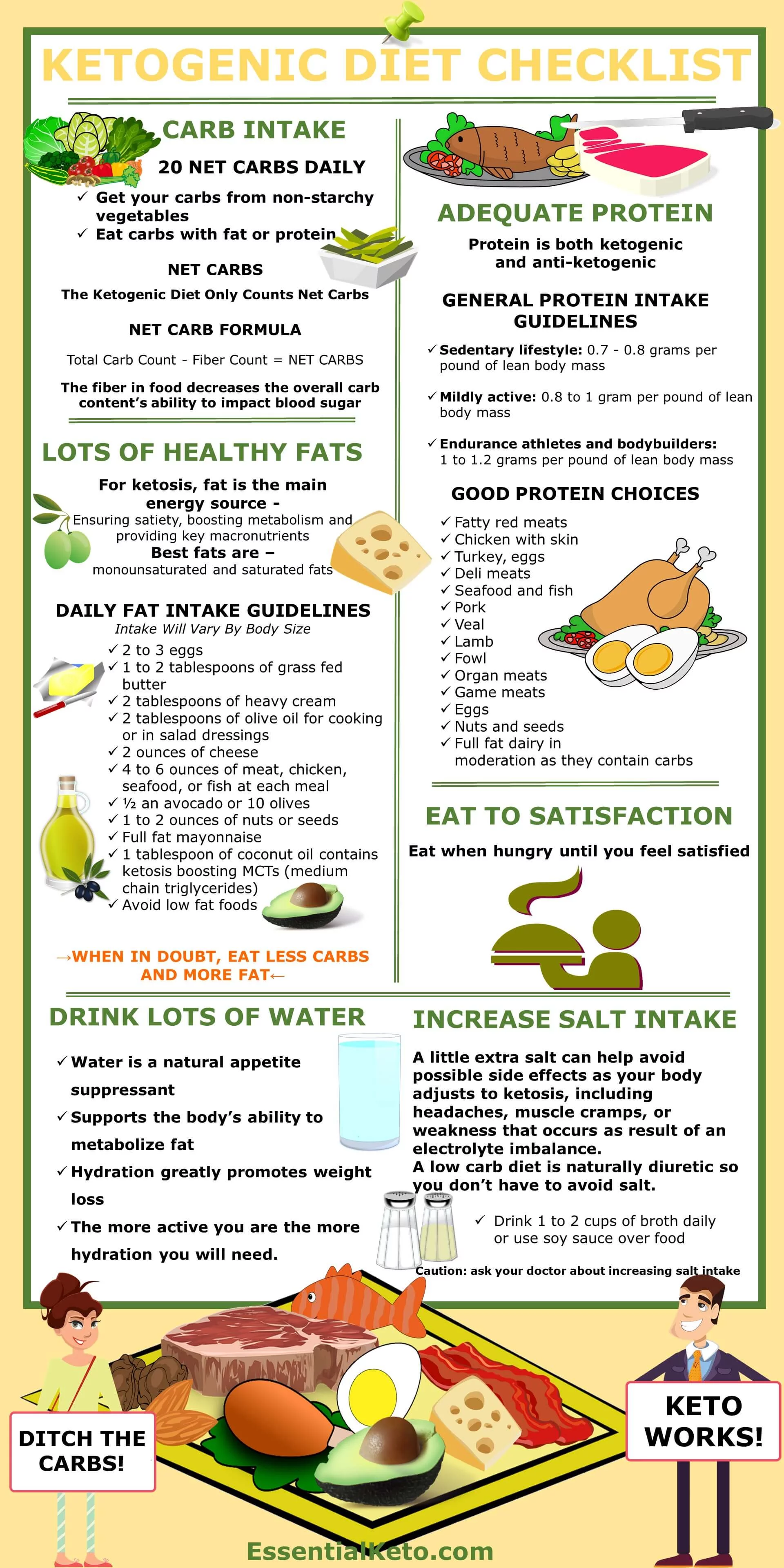
Want to share this image on your site? Just copy and paste the embed code below:
Here is an in depth checklist of carbohydrate intake, fat and protein guidelines as shown in the keto diet food list infographic above.
Carbohydrate Intake
How Much?
- Less than 50 grams of net carbs per day, but ideally below 20 grams
- Mostly from non-starchy vegetables
- Best choice - green, fibrous vegetables
- Also add other low carb vegetables
- Always combine a carb with either a fat or a protein
Net Carbs
- The Ketogenic diet only counts Net Carbs.
- The reason for this is that the fiber content in carbs reduces the impact on blood sugar
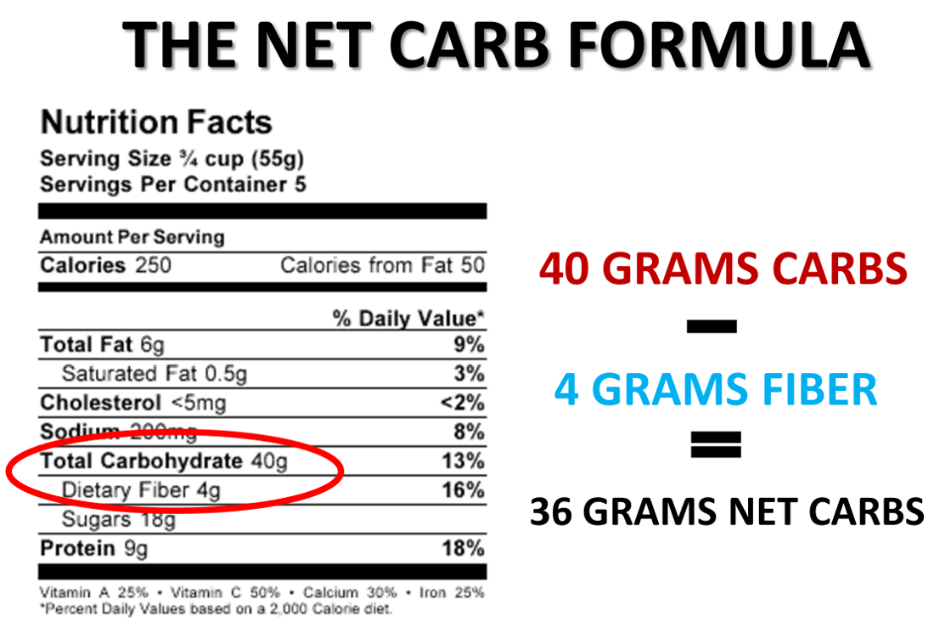
Lots of Healthy Fats
Why and What?
- In ketosis, fat is the main energy source for the body
- Fats provide satiety, boost metabolism and support the enjoyment of food
- Provide key macronutrient requirements
- Natural fats are fine when reducing carbs
- The best fats are monounsaturated and saturated, including olive oil, grass fed butter, and coconut oil
- Margarine is never advised, as it is fake and interferes with ketosis
- Limit intake of polyunsaturated fats, including soybean oil, corn oil, and cottonseed oil
- Fat intake is variable and depends on weight loss goals
- It is not advisable to eat so much fat that you send your caloric intake through the roof
- WHEN IN DOUBT, EAT LESS CARBS AND MORE FAT
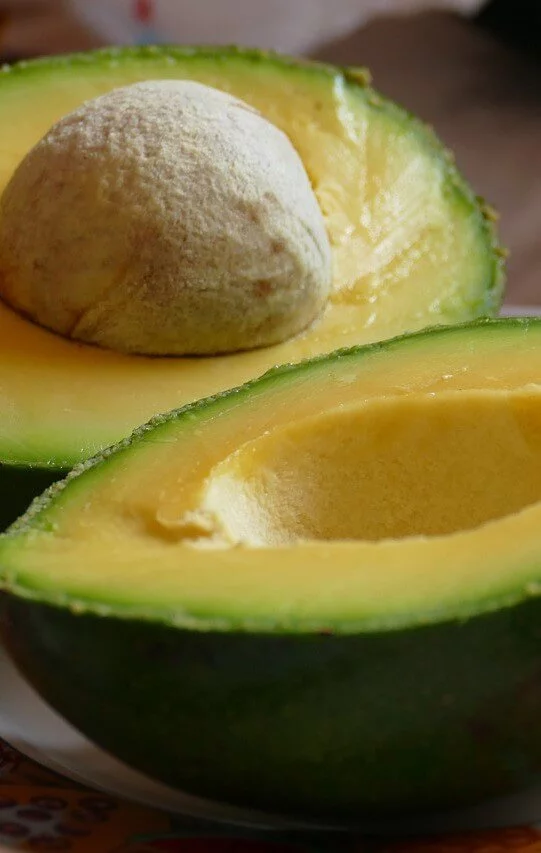
Daily Fat Intake Guidelines
These will vary by body size
- 2 to 3 eggs
- 1 to 2 tablespoons of butter
- 2 tablespoons of heavy cream
- 2 tablespoons of olive oil when cooking or for salad dressings
- 2 ounces of cheese
- 4 to 6 ounces of meat, chicken, seafood, or fish at each meal
- ½ an avocado or 10 olives
- 1 to 2 ounces of nuts or seeds
- Full fat mayonnaise
- 1 tablespoon of coconut oil contains ketosis boosting MCTs (medium chain triglycerides)
- Avoid low fat foods, including reduced fat dairy as they have carbohydrates, and chemical compounds
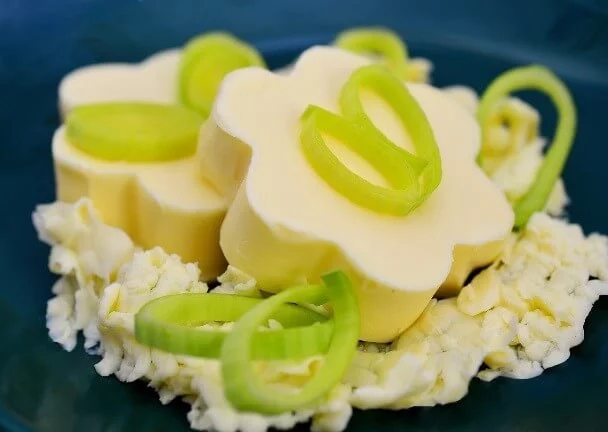
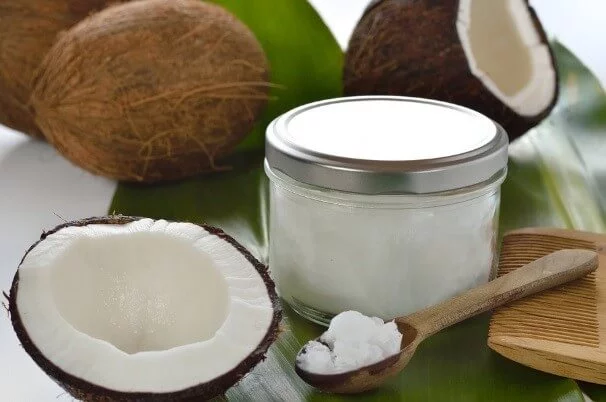
Adequate Protein
Protein is both ketogenic and anti-ketogenic. Some protein will convert to glucose in the bloodstream and inhibit ketosis. Therefore intake should be enough to prevent muscle loss, but not so much that it will disrupt ketosis.
How Much
How much protein you need daily depends on how active you are and your body weight.
- Sedentary lifestyle: 0.7 - 0.8 grams per pound of lean body mass
- Mildly active: 0.8 to 1 gram per pound of lean body mass
- Heavy strength training/bodybuilding and exercise: 1 to 1.2 grams per pound of lean body mass
- Lean body mass is typically defined as - body weight minus body fat. You can use any of a number of online lean body mass calculators, such as this one to calculate yours.
Daily Protein Intake Guidelines - Protein choices
- Chicken and turkey with skin
- Fatty red meat
- Deli meats
- Pork
- Veal
- Lamb
- Fowl (duck, goose, hen, quail)
- Organ meats (tongue brains, liver, heart, and kidneys)
- Game meats (ostrich, venison, caribou, bison, and elk)
- Fish and seafood
- Eggs
- Nuts and seeds
- Full fat dairy in moderation as they do contain some carbs
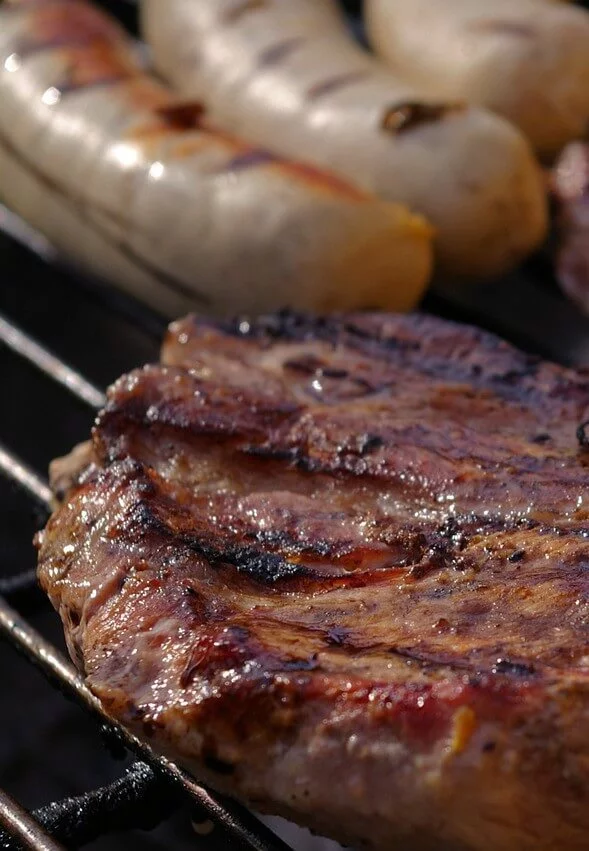
Important
Eat to Satisfaction
- Eat when hungry until you feel satisfied, but not stuffed
Increase Salt Intake
A little extra salt can help avoid possible side effects as your body adjusts to ketosis. These side effects can include - headaches, muscle cramps or weakness and are the result of an electrolyte imbalance. As a low carb diet is naturally diuretic, you don’t have to avoid salt to minimize water retention.
- Get that salt from 1 to 2 cups of bone broth daily
- Add extra sea or Himalayan salt to your food
Caution: Be sure to ask your doctor about increasing salt, and if you are being treated for a condition that requires limited sodium intake, like hypertension continue with the medical advice of your doctor.
Drink Lots of Water
- Water is a natural appetite suppressant
- Supports the body’s ability to metabolize fat
- Several studies found that reducing intake of water might cause fat deposits to increase, while drinking more reduces them
- Hydration greatly promotes weight loss, so drink lots of fresh water throughout the day
- The more active you are the more hydration you will need
What is Next?
Decide whether a ketogenic lifestyle is for you.
If you want to give it a go and have some questions, why not check out our Frequently Asked Questions?
Ready to jump in? Then you'll need to go shopping for the right foods. Get going with our shopping list.
